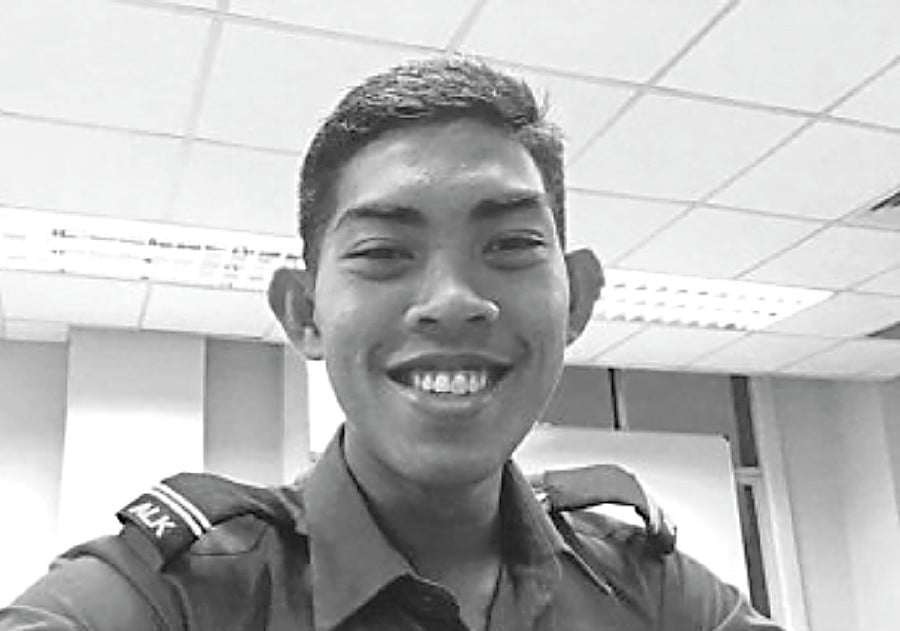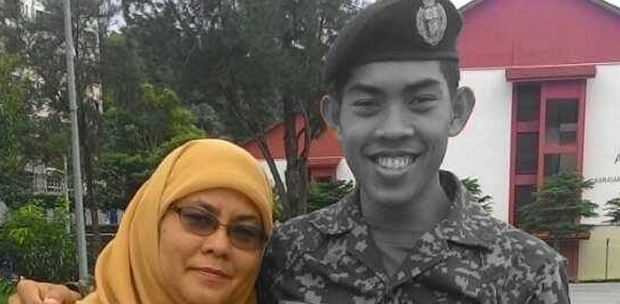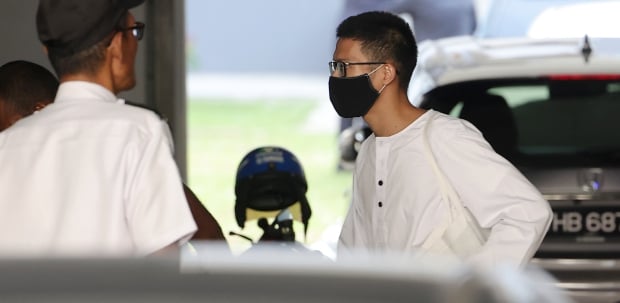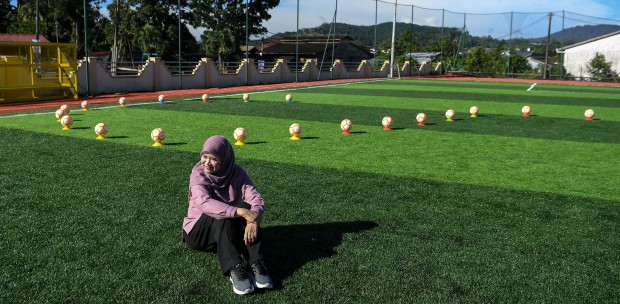ON Tuesday, Kuala Lumpur High Court judge, Datuk Azman Abdullah, handed down an 18-year jail sentence to six university students convicted of committing culpable homicide in the death of cadet officer Zulfarhan Osman Zulkarnain.
The victim died as a result of torture, succumbing to injuries caused by a steam iron pressed to various parts of his body.
Then, on Wednesday night, my neighbour (a government retiree in his early 70s) posed this question: "Did Zulfarhan's family get justice?"
I replied: "It depends on what the family had expected."
I explained that for the offence of murder (under section 302 of the Penal Code), the mandatory punishment is death.
However, the penalty for manslaughter (culpable homicide not amounting to murder) is a prison sentence, left to the discretion of the trial judge.
In his verdict, the trial judge said: "The court is satisfied that the striking of the steam iron on the body had caused the victim's death, but this did not constitute a premeditation on murder. "
The judge added that all six accused had "common intention" in causing injuries to the deceased, but had "no intent of murder". There was actus reus (to inflict injuries), but no mens rea to cause death.
As such, he found them guilty of section 299, punishable under section 304(a), which carries a maximum penalty of 30 years in prison and a fine.
After hearing my explanation, my neighbour asked back: "Is causing grievous hurt by a steam iron on various parts of the body not sufficient mens rea to cause death?"
I told him "Apparently the trial judge did not think so."
In some jurisdictions, a college or university can be blamed for a student's wrongful death on campus grounds (https://www.foryourrights.com/faqs/college-student-death) in any of the following circumstances :
IF a murder takes place in a campus area lacking the level of security that was promised;
IF a death occurs at a fraternity which the college administration failed to deter from hazing / bullying / other rituals; or
WHEN a student is matched with another roommate who is dangerous and murders a fellow student.
Zulfarhan's mother (Hawa Osman) was allowed by the court to read her victim impact statement.
After saying that her health had deteriorated since her son's death, she told the court: "I want a sentence that fits the crime and that could serve as a lesson for society so that this incident won't happen to other parents".
Zulfarhan's father, Zulkarnain Idros, 57, was clearly disappointed with the verdict and sentence, telling reporters that although he had "forgiven all the accused", he was disappointed that, except for one family, "nobody from their families came to us to apologise on behalf of their sons".
Zulfarhan's murder trial began on Jan 29, 2018. More than a year later, on July 31, 2019, the prosecution established its prima facie case against the six students.
Zulfarhan was tortured in a hostel room on campus, early morning of May 21,2017, and again in the same room in the early hours the next day. This meant that he was not only tortured, but held captive by his tormentors the entire time.
He was later found with burn marks and bruises in an apartment in Serdang at 8pm on June 1, 2017 and was pronounced dead at 10pm at Serdang Hospital.
Thus, apart form being tortured and held captive, he was denied medical aid for some 10 days until he died of his injuries. He could have been saved.
Defence Minister Datuk Seri Hishammuddin Hussein referred to Zulfarhan's death by torture as "a heinous act" and should serve "as a lesson for UPNM and the armed forces."
With Zulfarhan's parents still feeling that justice has not been fully served, all we can do is wait for the outcome at the Court of Appeal.
The crucial question now is, will UPNM do the right thing and accept its share of the blame for not being able to prevent this tragedy from occurring on its campus grounds?
I hope it will consider that, and do something positive like setting up a students' welfare centre under Zulfarhan's name, so that he wouldn't have died in vain.
The writer was a federal counsel at the Attorney-General's Chambers and visiting professor at Universiti Teknologi Malaysia. He is now a full-time consultant, trainer and author






